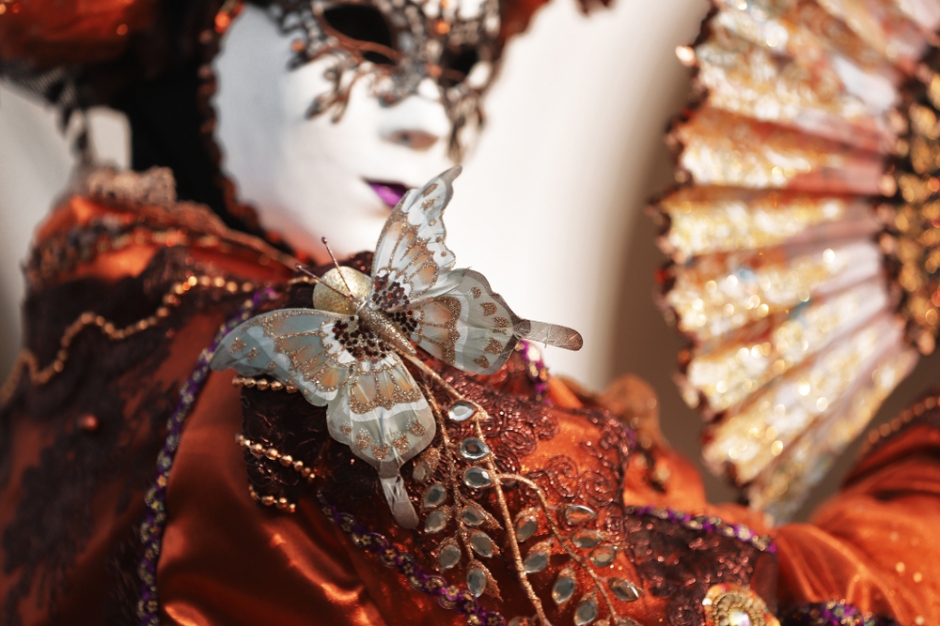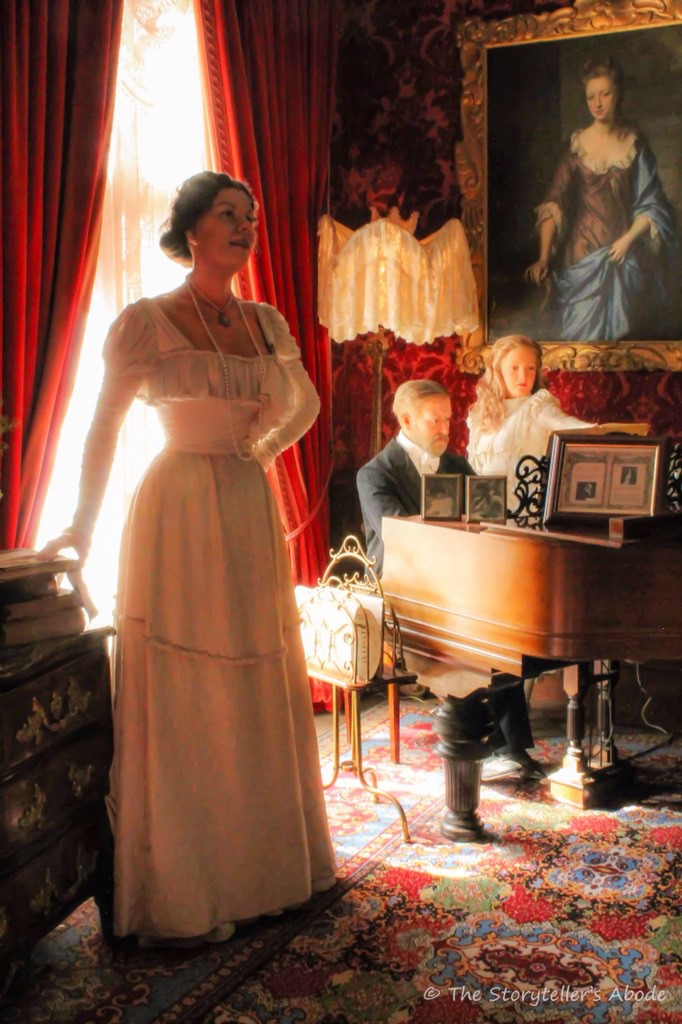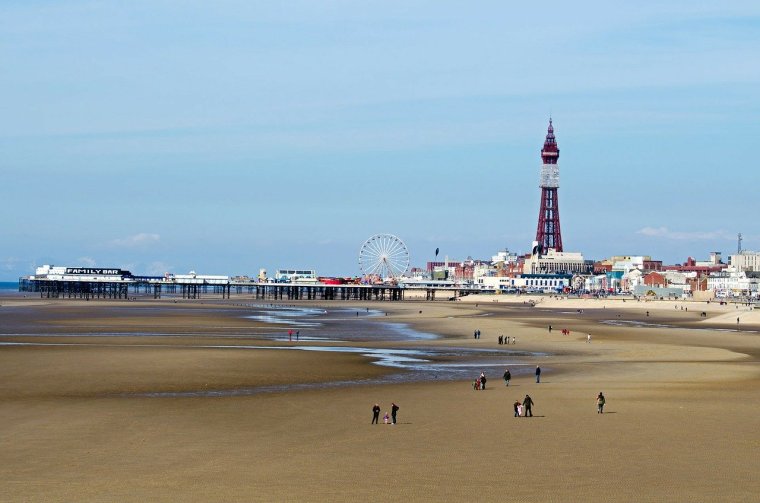Evaline Rawston flicked on her favourite CD and sank into a comfortable chair, closing her eyes as Madame Butterfly’s soprano soared. Memories of her final performance at the Theatre Royale flooded back: such applauds; such ovation. So many friends with promises of keeping in touch…
Two years had passed since her glorious, thirty-year career had ended. Her throat could have taken no more. Time to cease the hours of rehearsal and gruelling performances, before her voice completely failed. The heyday of her life was over; the fiery sun of summer set. No friends had flocked to her door. Autumn had hurried in fast, and once the mellowing colours had faded, years of cold, wintry loneliness and regret would follow.
For twenty years Geoffrey had wanted Evaline to marry him, but she had always put her career first, imagined he’d wait until she was ready. News of his leaving hit her like a hammer blow; six short months before she’d retired. How she missed his deep, soft voice, his gentle touch.
Beyond the window, October sunlight played on the ambers and golds. She loved this old house with its beautiful garden, drew comfort from its ever-changing moods. But even they could not lessen the loneliness she felt.
‘Miss Rawston, there’s a gentleman at the door. Says you know him.’
‘Really?’ Evaline smiled at her young housekeeper. ‘Then you’d better show him in.’
‘Evaline, my dear, how are you?’ Geoffrey asked as he entered the room.
Evaline gestured to an armchair opposite her own. ‘Much better for seeing you. I’ve thought about you often since we parted, and wondered if we might resume our relationship one day.’
Geoffrey smiled and wandered over to stare out the window. ‘It’s certainly been a long time, my dear, and a lot of water has flowed under my particular bridge since then… as, I imagine it has under yours.’
‘Evaline stared at his straight back, admiring the cut of his dark Gucci suit. ‘Life goes on,’ she replied, ‘though I’d hoped to be happier in my retirement. If truth be told, I’ve never been so lonely.’
Geoffrey returned to take the proffered seat. ‘My dear lady, you have no one to blame for that but yourself. Think of all those years when you pushed everyone away, wanting no one in your life other than your adoring audience.’
‘But you always stood by me, Geoffrey. You, at least, understood–’
‘Or so you chose to believe. I can’t recall you ever asking me how I felt. As the years passed by, I came to realise I meant nothing to you, other than as a pair of listening ears for your ever-mounting complaints and constant worries of failure. Did you ever stop to think that I, too, might need someone to help me through the difficult time when my dear sister died, or when my company teetered on the brink of collapse?’
Geoffrey shook his head. ‘No need to answer that, Evaline, I saw your shallowness years ago. But, as they say, we can’t always choose who we fall in love with and, believe me, I loved you dearly for a very long time. Once I met Bronwyn everything changed. She has loved me and cared for my needs as much as I have for hers these past two years.’
Momentarily choked for words as her tears threatened to flow, Evaline stared out of the window. But the solace she sought in autumn’s warmth was masked by the coldness pervading the room. ‘Then tell me, Geoffrey, why are you here? Was it your intention to witness how low I’ve fallen so you could share with your friends what a sad old woman I’ve become?’
‘No, my dear, I could never do that, if only because of how much you once meant to me. I’ve merely come to bid you goodbye and wish you well. Bronwyn and I have been married for the past three months and next week we fly out to start a new life in Australia. We don’t intend to return, but we take many fond memories with us.’
Geoffrey took Evaline’s hand. ‘So, it’s farewell, my dear. Do try to get out and socialise a little, perhaps meet some new friends. It’s the only way I survived when you rejected my proposal for the dozenth time. “There are plenty more fish in the sea”, a close friend told me, and I’m thankful to have netted the very best of them.’
Too emotional to speak, Evaline watched the housekeeper escorting Geoffrey to the door. She switched on her favourite CD and sank into her comfortable chair, her tears flowing freely as she listened to the desolate tones of Madame Butterfly.

























